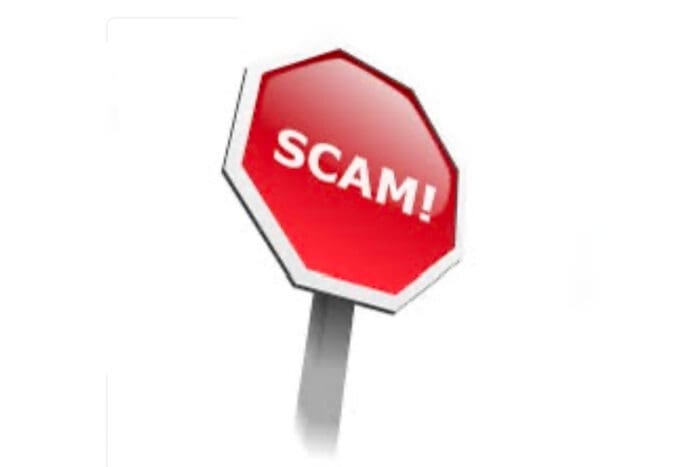Did you know that millions of older adults are impacted by scams every year? The Federal Trade Commission showed that consumers reported losing over $5.8 BILLION to fraud in 2021, which was up 70% from 2020. How many people fall for a scam and don’t report it due to embarrassment or feeling powerless to do anything? The numbers are likely higher.
The scams topping the reports were imposter scams, online shopping scams, prizes/sweepstakes/lottery scams, internet services, and fake business and job opportunities. Now we’re seeing the deepfake video scams.
Determine if it’s a scam. Ask these questions. Be proactive.
- * Is the person pushing you to “act now”? High pressure is used to get you to commit.
- * “You don’t want to miss this opportunity!” Fear of Missing Out is a tactic used by scammers.
- * Are you being asked to pay upfront fees?
- * Did you “win” a contest that you didn’t enter?
- * Have you been scammed in the past? Those who have been scammed may have had their name sold to another scammer.
- * Have you been solicited by mail, email, phone call, or in person for services you weren’t looking for? This is common in home repair scams.
- * Have you been contacted by an authority about a crime or missed jury duty? Be sure they are who they say they are.
- Scammers use Moments of Opportunity. The baby formula shortage is one of those Moments.
So – how do you protect yourself?
- * Sign up for the Do Not Call Registry which will cut down on some calls.
- * Shred junk mail, old bills, bank statements and any other mail with personal information.
- * Do NOT give out personal information on the phone unless you originated the call and know with whom you are speaking.
- * Safeguard your Social Security Number, Medicare number, bank account numbers or other account numbers.
- * Don’t worry about being polite. Hang up if it’s a call or close the door if they’ve shown up on your doorstep.
- * Never sign something you don’t understand. Have someone you trust help you.
- * If you hire someone for in home assistance, check references thoroughly or make sure the agency offers bonded and insured employees who have had background checks.
- * If you’re contacted about “a relative in need”, do not make a hasty decision. Call the family to see about the “victim”. Have a secret code word and ask the caller for the word.
- * You can almost bet that anytime gift cards are requested that it’s a scam. Do not buy cards for questionable callers. Do not provide numbers and PIN numbers from gift cards.
- * Scammers will impersonate clergy, police, family, celebrities, love interests – anyone that can benefit the scammer.
- * Learn about scams. You can sign up for AARP’s Fraud Watch or the Better Business Bureau’s Scam Tracker. Check consumer protection sites. Look at the consumer protection section of your state’s Attorney General’s website.
- * Be an advocate for your own scam protection!
Stay safe!


